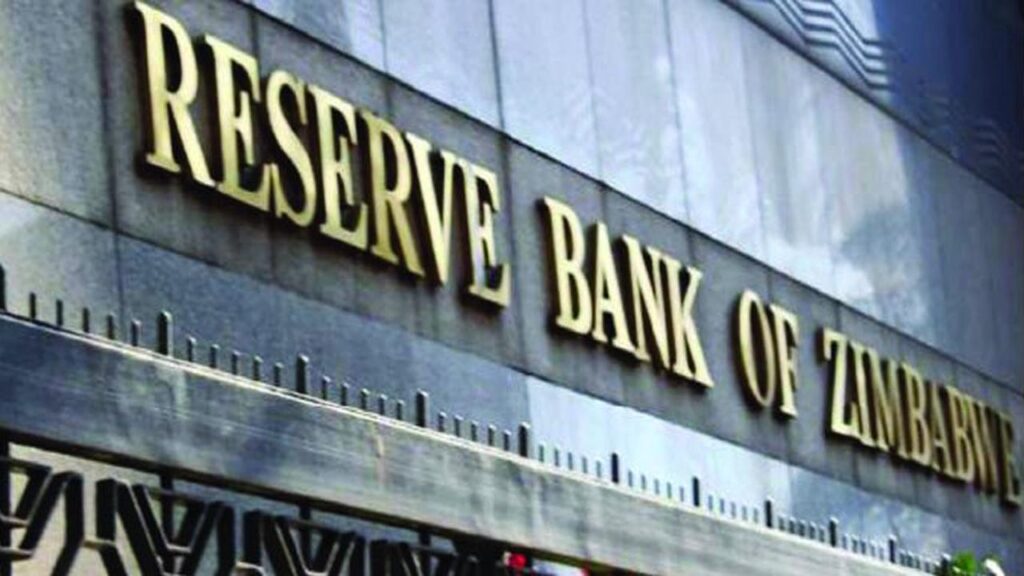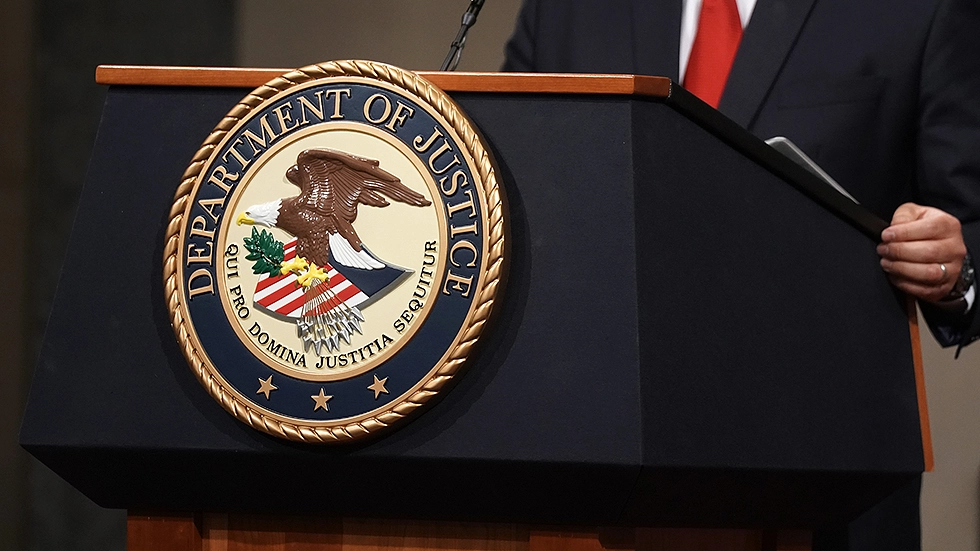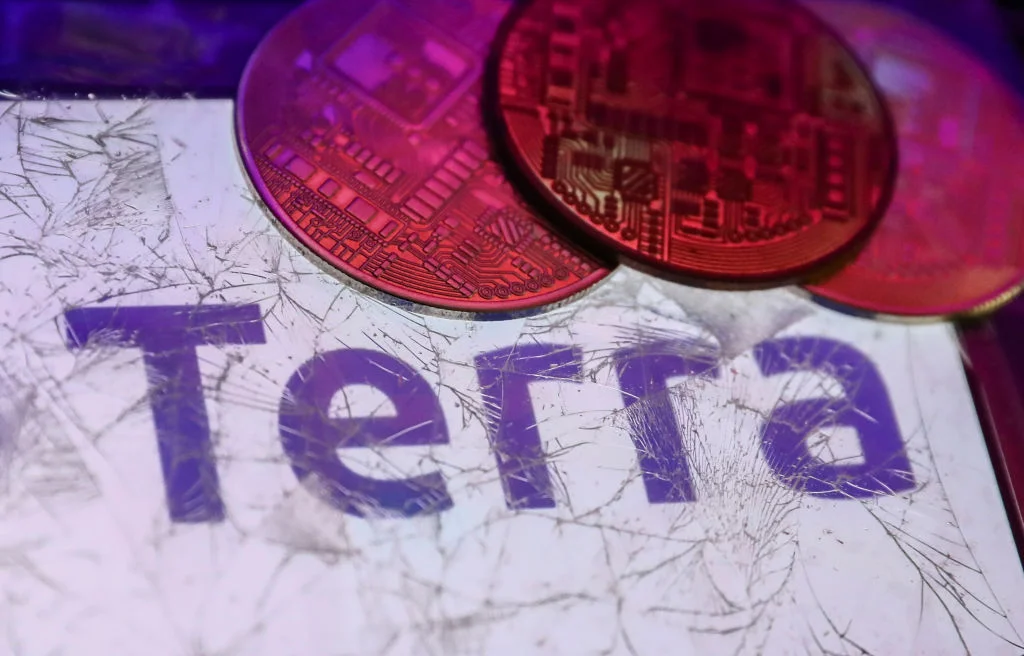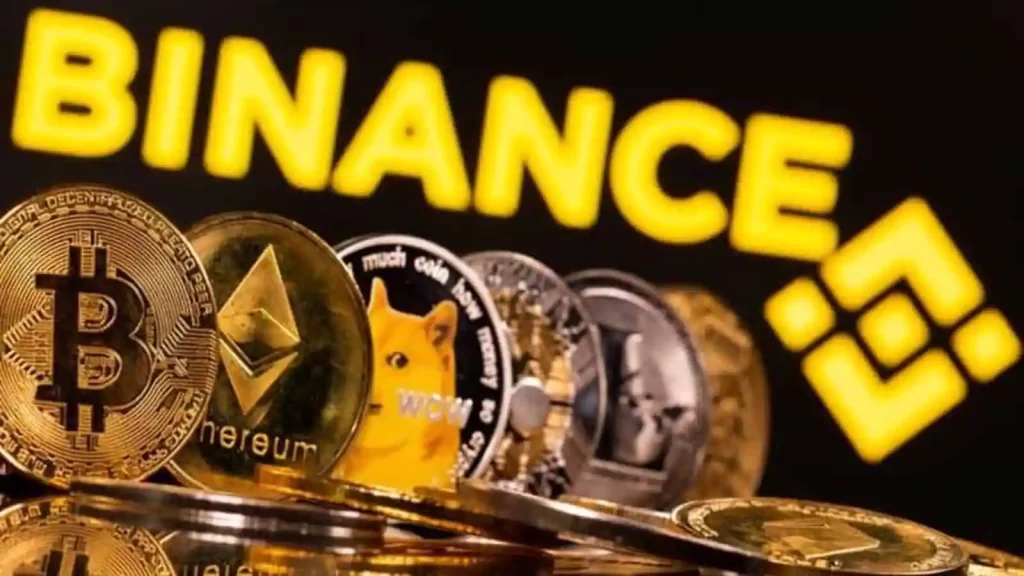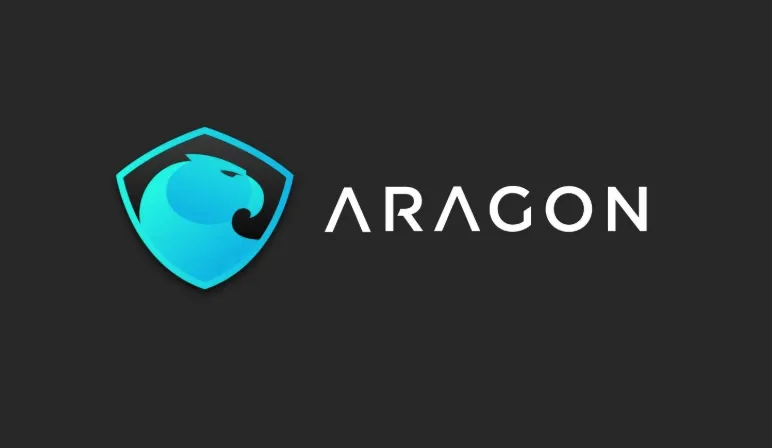Despite a cautionary note from the International Monetary Fund (IMF), the Reserve Bank of Zimbabwe has successfully sold 14 billion Zimbabwean dollars (approximately $39 million) in gold-backed digital tokens.
The Zimbabwean central bank announced on May 12 that it had received 135 applications totaling 14.07 billion Zimbabwean dollars for the purchase of the gold-backed cryptocurrency. At the official exchange rate of 362 Zimbabwean dollars to one US dollar, this amount is worth approximately $38.9 million. However, the exchange rate is considerably higher on the street.
Launched in April, the cryptocurrency tokens are backed by 139.57 kilograms of gold. The sale period ran from May 8 to May 12. The tokens were available for a minimum of $10 for individuals and $5,000 for corporations and other entities, with a minimum holding period of 180 days. The tokens can be stored in e-gold wallets or on e-gold cards.
The sale is part of an initiative to stabilize the national economy and counteract the persistent devaluation of the Zimbabwean dollar against the US dollar. A second sale of digital tokens is planned, with the bank inviting applications to be submitted this week for settlement by May 18.
RBZ Governor Dr. John Mangudya stated that the issuance of the gold-backed digital tokens is intended to “expand the value-preserving instruments available in the economy and enhance the divisibility of the investment instruments and widen their access and usage by the public.”
This move comes in the wake of a warning from the IMF against Zimbabwe’s strategy for a gold-backed currency. The IMF suggested the country should liberalize its foreign-exchange market instead, according to a Bloomberg report from May 9.
Zimbabwe has been grappling with currency instability and inflation for over a decade. In 2009, the country adopted the US dollar as its currency after hyperinflation made the local currency practically worthless. The Zimbabwean dollar was reintroduced in 2019 in an attempt to revitalize the local economy, but it again faced significant instability.

